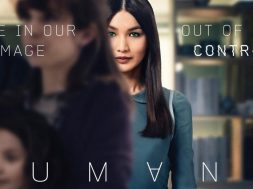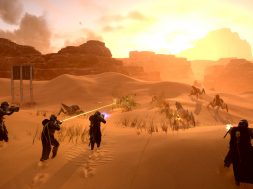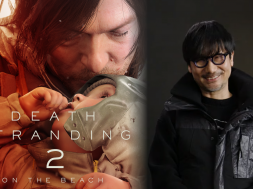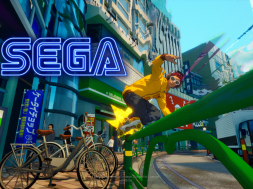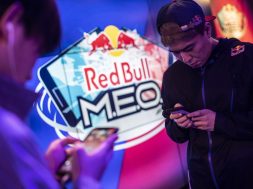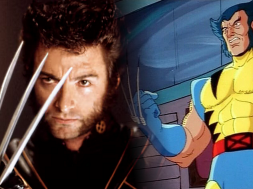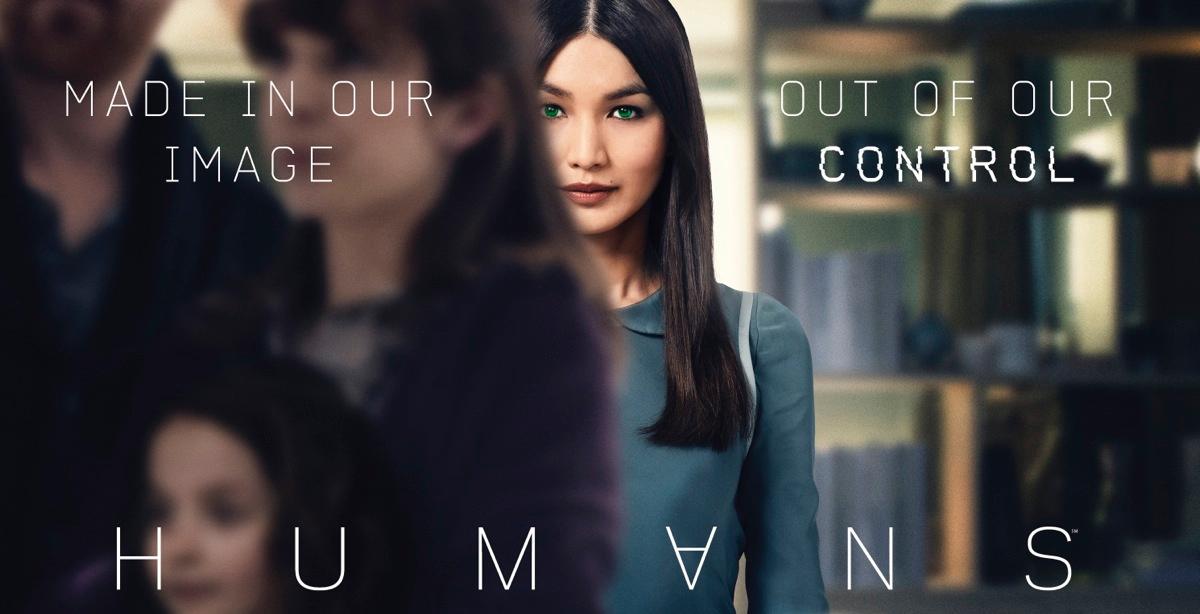
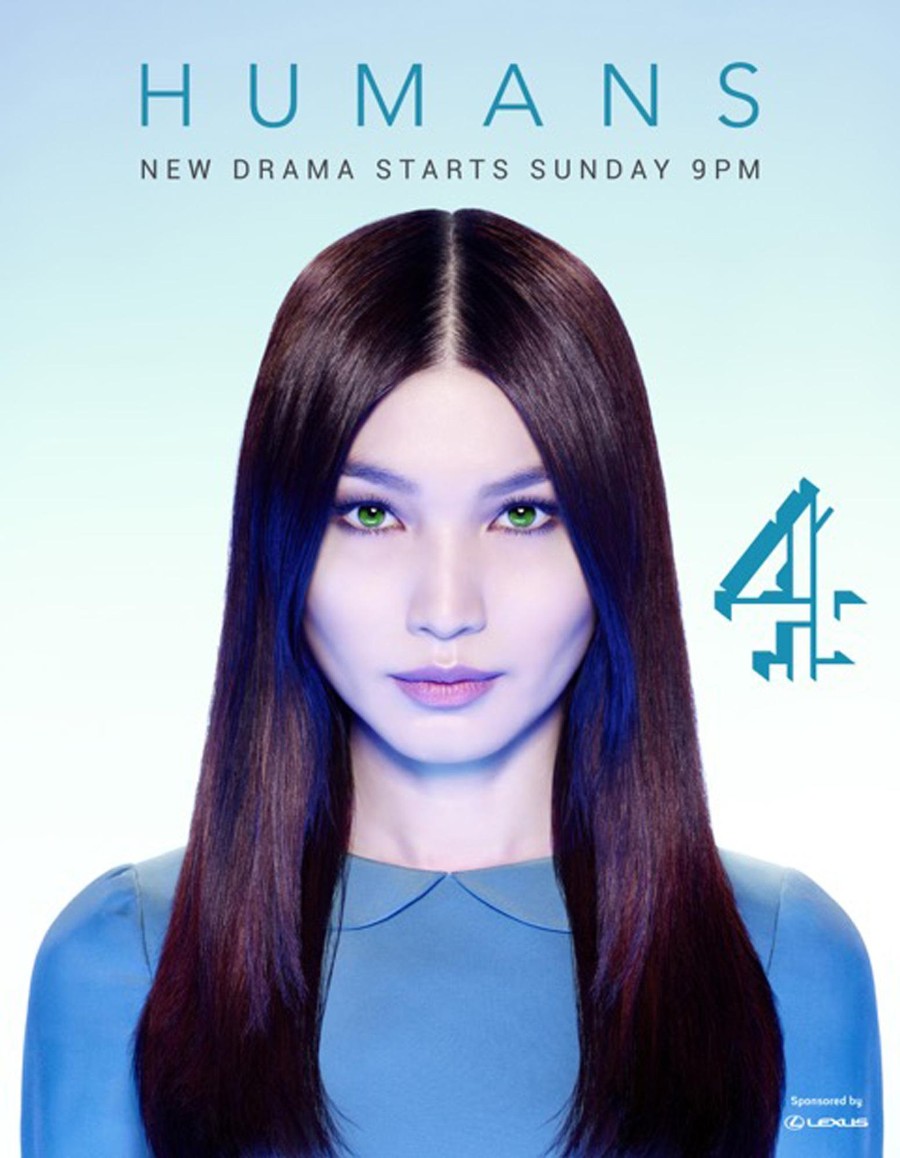
What if you took the set-up of Heroes or Sense8, where people’s lives are interconnected by some singular common thread, but rather than having humans connected by some special powers they share, the group were a set of robots connected by the fact that they all have true higher sentience in a world where robots are treated as little more than household appliances? If this concept sounds interesting, then Humans may be the series for you.
Humans, currently airing on Channel 4 here in Ireland, is based on a series released in Sweden originally titled Real Humans. The show deals with a view of human-robot interactions that isn’t covered enough on screen, but one that has been gaining traction this past year with a slew of releases like Ex Machina, Big Hero 6 and, now, Humans. So often Sci-Fi deals with robots as the villains, something evil that eventually gets too smart for its own good. In Humans, a much more emotional and even view is taken to robots (called ‘synths’ in the show) who gain a higher intelligence. It also takes a look at how people treat even the non-sentient synths that have made some of their abilities obsolete. People who, 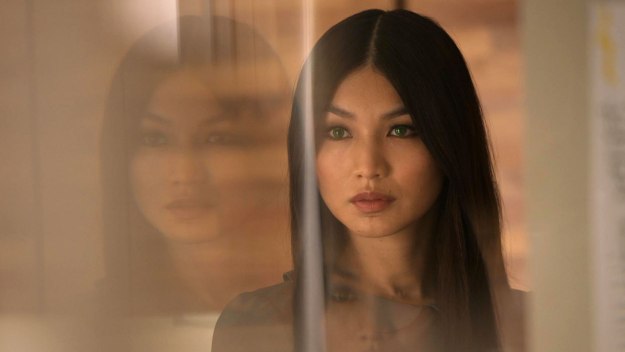 no matter how good they might be at something, always feel overshadowed by the much more physically capable synths. Finally, the series deals with how these sapient synths view us as a race and how we treat each other.
no matter how good they might be at something, always feel overshadowed by the much more physically capable synths. Finally, the series deals with how these sapient synths view us as a race and how we treat each other.
Humans is centered on a single group of intelligent synths that has been separated while trying to reach a place where they aren’t at risk of having their higher nature discovered. As a result they end up in in some very different walks of life, each seeing a different aspect of the human psyche. The head of this group, Leo (Merlin’s Colin Morgan), accompanied by another of the group, Max, tasks himself with reuniting the synths, feeling responsible for endangering them. Other members of the group, Fred and Niska, find themselves working at a food plantation and a Synth brothel respectively. The final Synth, Mia, is sold to a junker to have her memory wiped and is left with no way to contact the remaining members. The human players in the show feature William Hurt as Dr. George Millican, an aging scientist who worked on some of the original synths; Niel Maskell as Pete Drummond, a member of a synth-specialised police task force and, finally, the Hawkins Family, the mother of which is played by Catherine Parkinson. Each of these people have different views on synths, and even within the Hawkins family opinions differ widely.
Dr. Millican, an elderly man with a Synth carer, has an extremely sentimental view towards them. His original carer, a defective and glitch-prone Synth named Odi, is someone he refuses to part with, even when the health services provide him with a new model and attempt to force Odi’s removal for the sake of safety. The reason for Millican’s attachment could be manifold; perhaps as one of the original creators of synths, he feels that all of them should be cared for, rather than recycled. Perhaps he now thinks of Odi as a sort of surrogate son after all they’ve been through. It may be that George sees Odi, an out of date synth model with failing memory, as a mirror of his own current state of being; an old man with memory issues, and he wants to treat Odi as he would like to be treated himself – as something that still matters. One other potential reason is also tied to their failing memories; George knows that Odi has many memories of his life and by keeping Odi around, he can still jump start his own mind by digging for what’s locked inside Odi’s.

Pete Drummond, a detective sergeant specialising in crimes involving robots, has grown to resent the synths. This isn’t because of his job, for which he still upholds integrity while dealing with synth matters, but because of his home life. At home, Drummond has a live-in synth to care for his disabled wife, Jill. Every day he comes home and is faced with a young, handsome looking man who can care for Jill’s physical needs in a much better way than he ever could. Their synth, Simon, is fully trained for physiotherapy and can freely transport Jill around the house. Pete, a middle-aged man with a bad back, is left feeling useless himself while realising that Jill needs Simon’s care. He is faced with this frustration 24/7 and it has left him with resentment towards the synths, who know nothing more than how to do their jobs and offer to be as helpful as they can.
Niska, one of the female synths who finds herself working in a brothel to stay hidden, has one of the darkest views of human habits and also one of the most interesting stories. Each day she is faced with some of the worst dregs that humanity can provide. After one particularly ugly encounter, she gets into an accident which ends up being investigated by Pete Drummond. Unlike Pete’s disdain for synths, which can be reconciled in that they are only trying to help, Niska has nothing to bounce back on. All she can see is the worst side of humanity. After being trapped with this image for so long, can she be expected to believe that humans aren’t all bad? After all, why should she need to hide from us, hide as one of us, when we can be so cruel?
The last piece of the puzzle is the Hawkins family. From within their home we get one of the most interesting views of human-synth relations because each member of the household has a different view of the same synth, their housekeeper Anita. Joe Hawkins, feeling that his family doesn’t get to spend enough time together, purchases a synth to take over some of the daily chores, believing it will be a godsend and a great relief for his wife, Laura. However, Laura is almost instantly threatened by this new addition to the household. At first this is nothing more than the feeling that she will be replaced, mostly hung on the fact that her youngest daughter Sophie gains an immediate attachment to Anita. 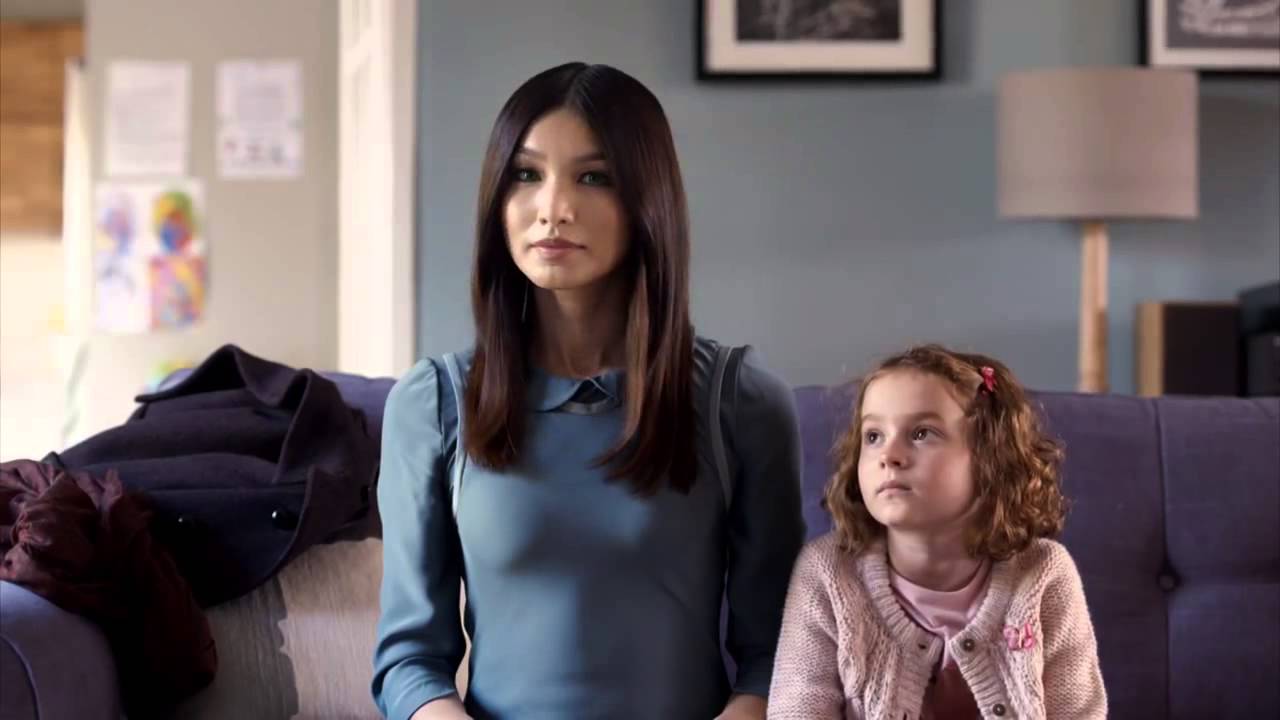 Over time, however, Laura notices what she perceives to be strange behaviour in the synth.
Over time, however, Laura notices what she perceives to be strange behaviour in the synth.
Toby, Laura and Joe’s son, has the sort of reaction you’d expect from a teenage boy faced with the prospect of having a beautiful woman around the house but, as time goes on, his view of Anita does range beyond the physical. The final member of the family is Matilda, the eldest daughter and someone who is praised as a child genius. However, since the inception of synths, this child prodigy has been struck with a sort of depression. She feels that no matter what she tries to achieve, it will be worthless by the time she does it. One of her imaginings being that in the 7 years of college it might take her to earn a doctorate, synths will be able to perform surgery themselves. So, inside this one unit Anita is viewed as a toaster, a threat, a best friend, a sexual fantasy and the replacement for human purpose.
Humans is a fantastic show and perhaps one of the best that Channel 4 has produced in a very long time. The production quality is extremely high, the story is well written, the dialogue is heartfelt, funny and thought provoking when it needs to be and the performances are outstanding. In fact, each of the synth actors underwent classes to unlearn their own personal tics, working extremely hard to stop their human side from coming through in the performances. If you’re looking for something to fill the hole left by Ex Machina, then Humans is more than up to the task. Likewise, if you enjoyed Sense8‘s look at human interaction or Robot & Frank‘s take on robots as more than just human-helpers, this is certainly worth a look. My one caveat is that if you want to check the show out, don’t view the trailers, just jump into episode one.
Engrossing sci-fi for viewers who like their story-telling thematically dense.
You can catch up with it in HD via the Channel 4 player.
